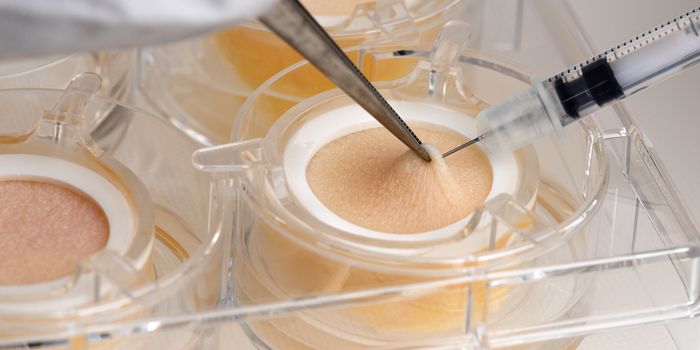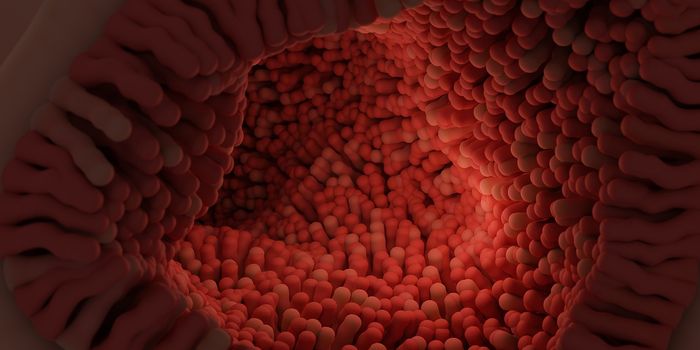COVID Triggers Abnormalities in Immune Monocytes
University of Manchester immunologists are the first to make an interesting observation about the white blood cells of patients with COVID-19. A particular subset of these cells, called monocytes, have been found to show strikingly abnormal features as a result of the respiratory infection. Spotting these signature aberrations in monocytes early could help hospital staff pinpoint patients most at risk of developing a severe form of the disease. Also, these findings put monocytes in the crosshairs as a key therapeutic target for COVID-19.
One of the most striking features of COVID-19 infection is an exaggerated immune response in those affected. This flurry of immune cells working in overdrive and a cocktail of inflammatory chemicals released into the body have been incredibly difficult for researchers to make sense of given this level of complexity.
The study, published in Science Immunology, aimed to look for key immune signatures present in patients shortly after their admission into hospital as a means of mapping this heightened immune response. The team analyzed over a hundred blood samples taken from COVID-19 patients and connected the dots on several immune events: there was a shift in the ratio of neutrophils to T cells, inflammatory cytokine levels skyrocketed and most strikingly, CD14+ monocytes deviated sharply from their normal phenotype and function.
Monocytes are the largest of the white blood cells and are known to kick into action during lung infections to protect the delicate respiratory tissue from damage. By identifying how monocytes change so dramatically during infection, the researchers have discovered both a diagnostic biomarker as well as a novel immune mechanism that contributes to the symptoms of COVID-19.
John Grainger, senior author of the study said, “Our work once again highlights the importance of the innate immune system in COVID-19, we’re excited to be able to finally share the results of our study and hope that it can better inform treatments for this devastating disease”.
Sources: Science Immunology, University of Manchester.









